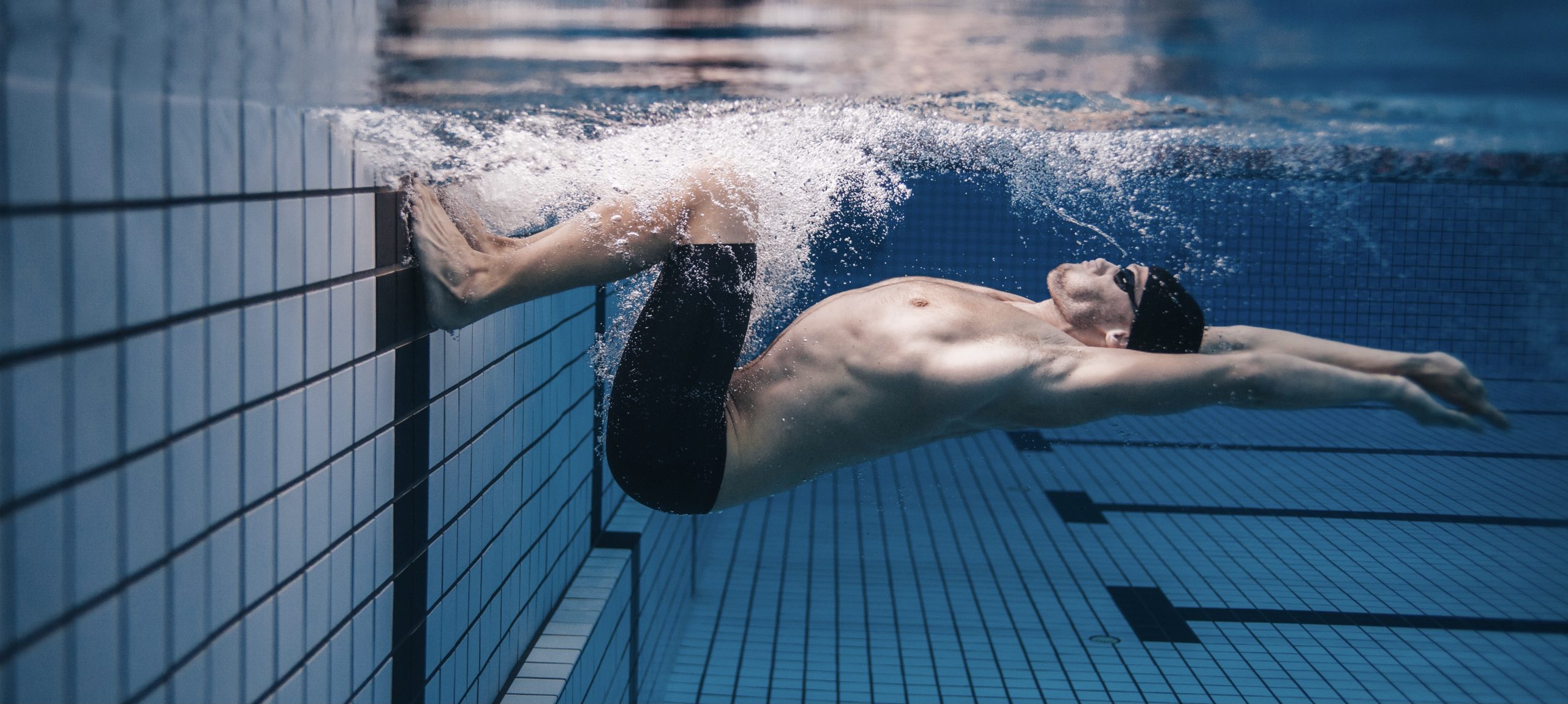
Minimize Weight, While Maximizing Energy
Weight has a profound effect on many sports. From running, cycling, rowing and gymnastics to motorsports and horse racing, the weight of many athletes will have a profound impact on how successful they will be. It’s for this reason that eating disorders are so prevalent amongst competitive athletes.
It's illogical that athletes are required to focus on depriving themselves of calories when that energy is what allows them to train day after day. Factor in the amount of weight that athletes lose in a day just through water lost through sweating, and accurately determining just how many calories one should restrict can be off by a great deal. When these calculations are off either on the low end or high end, athletes typically overcorrect, which leads to illness, injury and lost performance.
Basing weight loss on the Fat Math Formula will ensure that an athlete is able to eat absolutely as much as possible and still meet their weight goals. This will ensure that they are able to continue to train with plenty of energy. It will also enable them to consume the foods necessary to avoid injury and illness while guarding against the development of eating disorders.
When the amount of food is slightly limited, you can pick which ones will serve you best rather than a plan based on calorie restriction. This rewards eating foods which have the least amount of energy rather than eating what your body tells you that it needs in order to replenish what was burned while training.
If I know based on the Fat Math Formula that I can eat 6 ounces as a snack after training, I can quickly and accurately weigh out foods that would benefit my recovery and prepare for the next day of training. Weighing 1/2 of an avocado, 2 ounces of peanut butter and 2 ounces of popcorn is a lot more convenient than trying to determine how much I can eat to equal exactly 340 calories.
